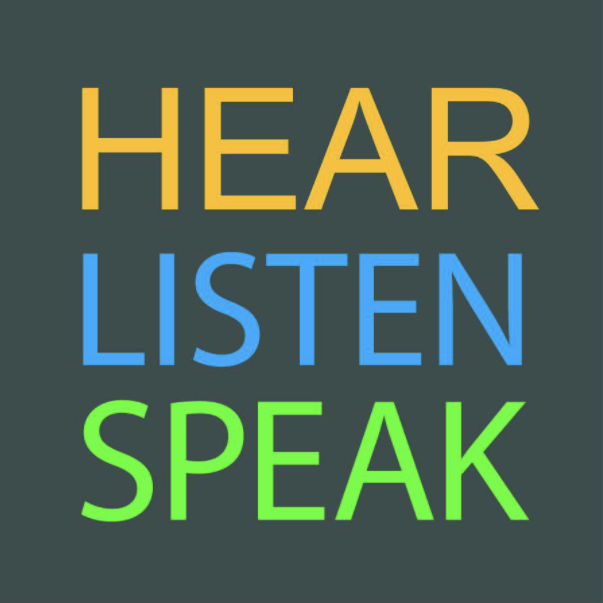When I decided to learn Portuguese, I was lucky enough to have a Brazilian mentor with two young daughters.
I wasn’t asking her to teach me the language, just to guide me on my journey.
And when I asked her for materials, she gave me two Disney books in Portuguese.
But remember: Before you start reading in a new language, it’s super important to have a good command of the sounds! Otherwise, you won’t know how to pronounce what you see, and your accent will suffer.
To combat this, I had grown up hearing Portuguese from some of my best friends, and listened to their accents in English. I was also using music to train my accent even before I could speak at all.
So I took these gifted Disney books to heart, and decided to study them very in-depth.
But how useful can children’s books actually be for a grown-ass adult learning a new language?
Honestly, they’re extremely useful, one of the best ways to learn that’s both efficient and fun.
This is because they use simpler words and constructions, as opposed to more formal, wordy adult texts.
But simple does not mean useless – far from it. The language you encounter in children’s books is extremely valuable, and you’ll be able to apply tons of it to your speaking right away.
The best way to do this is combining the book you have with a recording of a native speaker reading it, which you can find online if it’s a popular book. Or even better, you’ll know someone who can help you out.
After hearing the native pronunciation of the book, carefully go through it and become familiar with the flow of the language.
What words do you see repeated the most? What patterns and combinations do you notice? What parts of words are found in many different places?
At this stage, here’s an important but very counterintuitive tip: You do not need to understand anything!
Translating every word you see won’t help you to actually remember much, because you haven’t done the hard mental work of figuring it out yourself.
And often, translations are bad and incomplete, and you won’t understand everything anyway.
At this point, you’re really just trying to familiarize yourself with the language, being extremely curious about everything you see.
When you come across certain words and phrases multiple times, that repetition shows you that these are important, that you want to pay more attention to them.
And words that you only see once, you can safely ignore and not waste your brainpower. If they’re important, they’ll come up again elsewhere.
An interesting side-effect of this is that sometimes you’ll learn words that aren’t very common outside of these books.
That’s ok, because the vast majority of what you encounter will be common, everyday words that are essential for your language learning.
So find some stories you’re interested in, make sure to hear them before you read them, and start searching for all the important pieces of language you can learn from them!

wow! just made me think to “you speak better when you make fun of me” that’s the point!! repeat over and over again with no clue what are you saying omg.
I’m doing this in my Spanish lessons with David since now!
Sincerely
– Paola